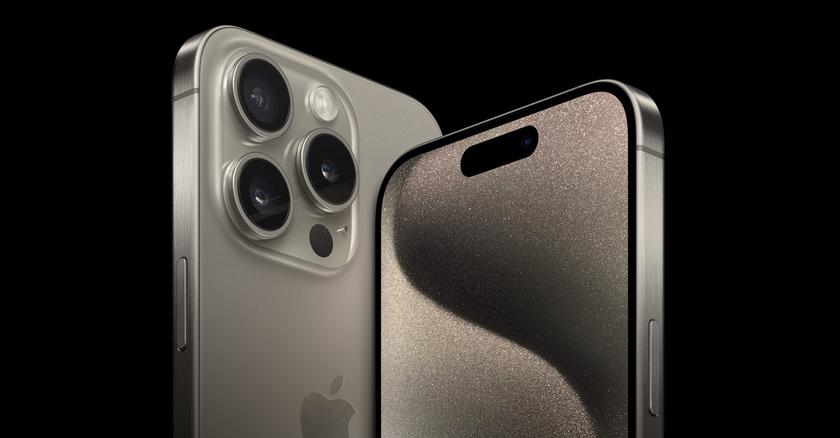Apple may reduce the performance of the 3nm A17 Pro processor due to massive overheating of the iPhone 15 Pro::The problem of overheating of iPhone 15 Pro and Pro Max smartphones is becoming widespread. It is possible that Apple will be forced to take the unpopular step of reducing the performance of the latest 3nm A17 Pro chip.



At what point do we add active cooling to phones?
I don’t mean that as a joke, there are some really interesting systems being developed (which are functional) that are extremely tiny that can move air with no moving parts, they’re being developed for exactly this sort of use in electronics.
So, no need for a fan that wears down, creates noise, etc.
The biggest issue would be keeping the air channel free of dust and debris, if they can figure that out, then adding a few millimetres of thickness and a small weight increase in order to accommodate future higher capability processors seems entirely acceptable.
Come to think of it, who’s to say the air needs to come from outside the phone? You could have a closed system, with air channels moving throughout the phone’s metal chassis, acting a little like a heat pump, to better distribute the heat generated in one spot across the entire phone surface area for dissipation.
Phones already use their chassis for cooling, this would just significantly increase the efficiency with no exterior changes. Hmm…
https://www.froresystems.com/
This sounds promising. Dustproof. I dont think waterproofing the air channel will be necessary. This can be used as a way to create a channel for air to pass through without compromising the waterproof seal for the phone internals. The air channel can be a pass through and offers a big benefit in cooling. If there is blockage or damaged fins(I think they are vibrating fins.), then the phone will get warm and automatically throttle. A repair will not be needed unless you want the full performance. I live in the hot desert, and active cooling would be a dream come true. Every high-end phone gets hot to the touch from using GPS or streaming outside.
Edit: Another note is that most people don’t beat up their phones with high-pressure water(dirty or clean). If that was the case, then the phones water seal would suffer or be compromised as they are water resistant to low pressure and may not seal against high pressure.
Thin and flat too!
That would be a passive cooling system.
No? Passive systems don’t do anything to cool other than simply exist.
These systems use energy and are deliberately activated to influence how heat is transferred. That’s the difference of active vs passive.
Hmm that’s interesting, how does this system use energy to move heat around then, if there are no moving parts? Not a rhetorical question, I’m genuinely curious about this system, would you have more info or links to share?
Edit: I just saw the link from @Acters above, that’s pretty cool. I’m not sure if it qualifies as “no moving parts” given that “Inside AirJet® are tiny membranes that vibrate at ultrasonic frequency”, but I’m not gonna be hung up on a technicality, as it does seem a nice technology.
I know it’s Linus, but this is the video I first learned about piezoelectric blowers: https://youtu.be/vdD0yMS40a0?si=MrmBK_b6SbtYG5iF
It’s pretty rad. And already exists.
Thanks, pretty cool!
Here is an alternative Piped link(s):
https://youtu.be/vdD0yMS40a0?si=MrmBK_b6SbtYG5iF
Piped is a privacy-respecting open-source alternative frontend to YouTube.
I’m open-source; check me out at GitHub.
This is some company’s page, but they have a pretty good demonstration of one common method
https://www.customchill.com/solid-state-cooling-systems/#:~:text=Solid state cooling systems have,of cooling or heating devices.
We already have. It’s called a Nintendo Switch